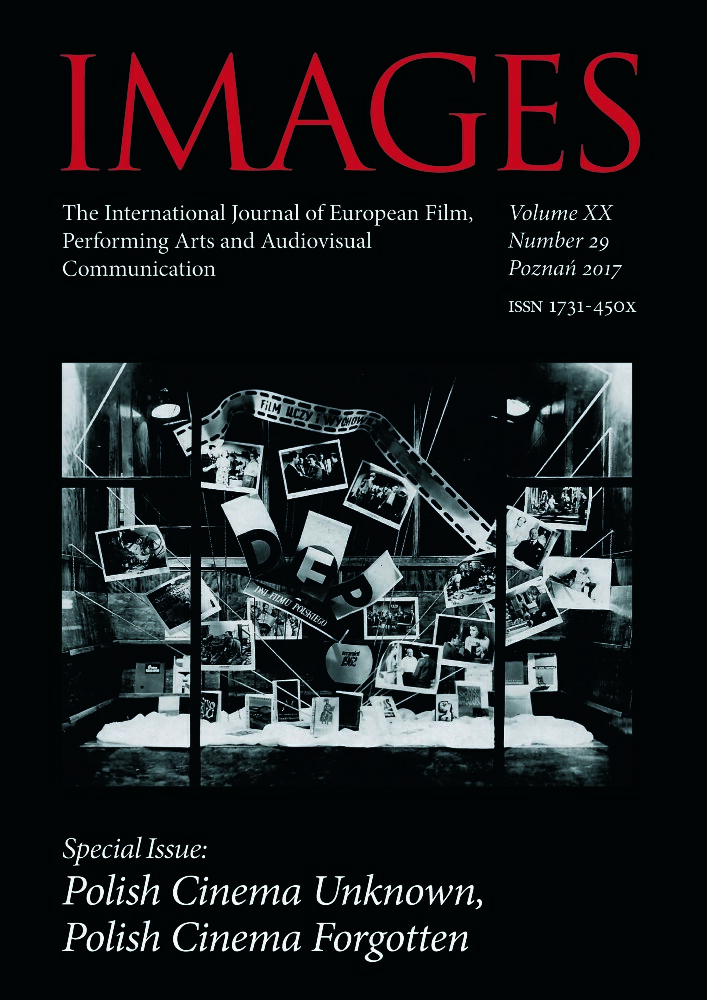Abstrakt
Digita l cinema history should support the conduct of free research, encourage authors to share the results of their findings and source discoveries. The problem is that Polish digital history of cinema on one hand is very poor (still a small part of sources and theoretical, historical and critical scientifi cachievements is available on-line), on the other hand, what has already appeared, is not representative because it omits largely the work of film studying authorities. For example, on the Internet you can find the views of researchers of the younger generation about the cultural history of the cinema in Polish context, including criticism of thesis described by scientifictycoons, but these are the texts that can be read only in paper publications. It begins to be, by the scientific standards, strange, because in the history of digital cinema leading roles are played by the young researchers, but without a clash of views with the authorities. The fact that on the net there are no statements concerning the scientifi cresearch given by the greatest experts of Polish cinema, who do not want to turn into a discussion with the young ones, causes the situation in which data to the history of Polish cinema digitally available are (so far) not always satisfying either as the aspect of cognition or the source.
Bibliografia
Ankersmit F.R., 1997, Historiografia i postmodernizm, przeł. E. Domańska, w: R. Nycz (red.), Postmodernizm. Antologia przekładów, Kraków.
Bomba R., 2015, Przechwytywanie wszystkiego: sprawozdanie z Transmediale 2015, „Przegląd Kulturoznawczy” nr 1, s. 90–94.
Bomba R., Czarnecki S., Stunża G.D., 2016, Tylko dostęp: koniec kultury uczestnictwa?, „Kultura Współczesna” nr 1, s. 9–13.
Hendrykowski M., 2015, Metodologia nowej historii filmu, „Images” vol. 17, nr 26, s. 311–316.
Lubelski T., 2014, Historia kina polskiego 1895–2014, Kraków.
Radomski A., 2008, Kultura 2.0 a humanistyka, „Episteme” nr 6, s. 5–22.
Radomski A., 2015, Humanistyka cyfrowa w praktyce: analiza i wizualizacja obrazów, „Roczniki Kulturoznawcze” t. 6, nr 4, s. 5–15.
Licencja
Prawa autorskie (c) 2021 Barbara Lena Gierszewska

Utwór dostępny jest na licencji Creative Commons Uznanie autorstwa – Użycie niekomercyjne – Bez utworów zależnych 4.0 Międzynarodowe.
